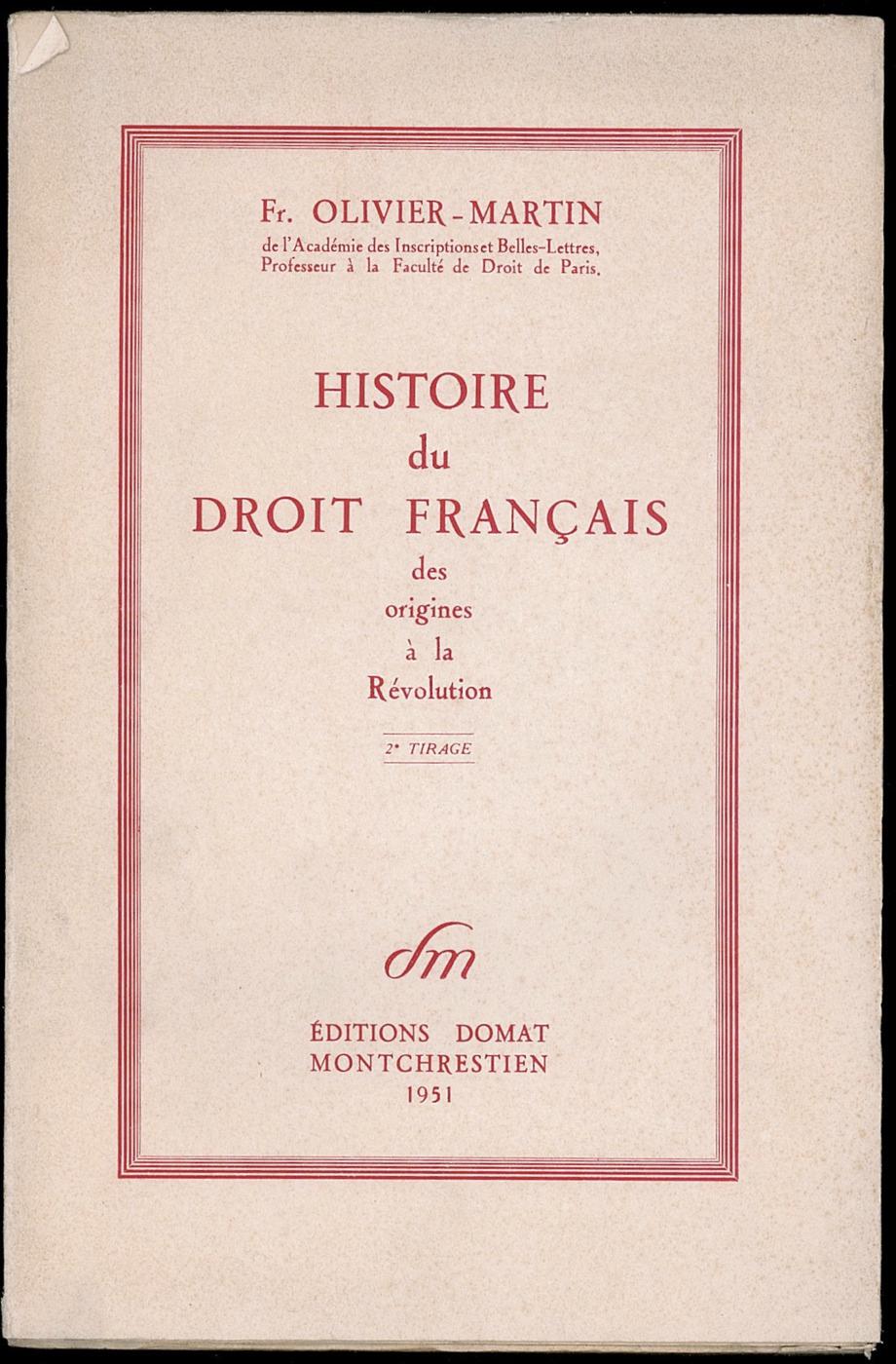Si vous avez des difficultés à utiliser AZIMUT on IE 10, jetez un coup d’œil sur ce poste, « Internet Explorer 10 et Windows 7: maux de tête en perspective », au blogue de SOQUIJ pour une solution du problème.
Dot or no dot (while citing codes) that is the question
According to the questions that we received at the reference desk recently, there seems to be quite a confusion if a period (full stop/ dot) should be used at the end of the footnote when you are referring to a code. I contacted the editor of the Cite Guide, Alexander Max Jarvie, who kindly provided this clarification that I am sharing with you:
“The period that appears at the end of examples provided elsewhere in the Legislation section is intended as an indication of the terminal period for the entire citation. Although we have removed most periods from citation forms in the 7th edition, a citation footnote is still a sentence and as such punctuation is used in normal fashion. Hence, if the citation to a codal article is the last (or the only) source to be referenced within a particular footnote, a period would follow. To illustrate these rules in practice, I have provided examples below:
2 Art 1214 CCQ.
4 Canada Act 1982 (UK), 1982, c 11.
35 See Canada Act 1982 (UK), 1982, c 11; see also art 1214 CCQ.”
Centraide Campaign in the Library
The McGill Library is holding a Book/DVD Sales on November the 26th at the McLennan Library and November the 27th at the Schulich Library! All proceeds will go to Centraide. Everything will be priced to sell at $1, $2 and $5.
Donate your used Books and DVDs to our sale for Centraide! FUN fiction, history, biography, autobiography, travel and children’s books and DVDs are accepted. Drop your donations in the grey bin at the entrance of the Law Library.
P.S.: Casebooks are not considered fun by most of the population, so please do not donate them 🙂
Legal Databases Training for Law Students
The Nahum Gelber Law Library is pleased to offer database training by legal publishers to the McGill Law School students. The sessions will take place in the Law Library Computer Classroom (main floor of the library) :
- CAIJ (Centre d’accès à l’information juridique)
Wednesday, October 30th, 2013 from 12h30-14h
Me Munja Maksimcev - QuickLaw (LexiNexis)
Friday, November 1st, 2013 from 12h30-14h
Mr. Ron Jones - Azimut-Juris.doc (SOQUIJ)
Wednesday, November 6th, 2013 from 12h30-14h
Me Véronique Abad - Westlaw Canada (Carswell)
Friday, November 8th, 2013 from 12h30-14h
Me Michel Tremblay
Sign-up sheets are available in the Law Library Computer Classroom.
No “Register later” button in QL
You will not see Quicklaw’s familiar “Register later” button anymore. From now on, the registration screen is automatically bypassed for the McGill campus-wide access.
“Seeds” at the Centaur Theater: Legal Case Turned into Play
Based on interviews and court trial transcripts from Monsanto Canada Inc. v. Schmeiser, 2004 SCC 34, [2004] 1 SCR 902, “Seeds” brings us into a maze of patent wars, opinionated scientists and clashes between farmers and the biotechnology industry.
When Schmeiser famously asked the question, “who owns life?” before the Supreme Court of Canada, his words galvanized the anti-GMO movement around the world.
You can see the play from October 29 to November 24, 2013.
ICLR Online, UK Case Law Database
The Law Library is happy to offer to our users an access to a newly purchased UK case law database, ICLR Online.
The Incorporated Council of Law Reporting for England and Wales was established in 1865 by members of the legal profession with the object of “preparation and publication, in a convenient form, at a moderate price, and under gratuitous professional control, of Reports of Judicial Decisions of the Superior and Appellate Courts in England and Wales” (Memorandum and Articles of Association, 1870). As well as the official Law Reports, ICLR publishes the Weekly Law Reports, the Industrial Cases Reports, the Business Law Reports, the Public and Third Sector Law Reports and the Statutes and Public and General Acts.
In October 2011, ICLR launched an online database, ICLR Online. ICLR Online is the hub of legal authorities dating back to 1865. A dedicated case law platform presents the cases in a comprehensive and readable format. The law reports are combined with the Citator+ to present all the relevant case information in one screen, making legal research easier.
ICLR online can be accessed at Subject guides / Law / Legislation and cases- foreign jurisdictions
Itinéraire(s) d’un historien du droit : Jacques Poumarède, regards croisés sur la naissance de nos institutions
Cet ouvrage rassemble les contributions majeures données depuis trente ans par Jacques Poumarède, le professeur émérite d’histoire du droit à l’Université de Toulouse-Capitole, un spécialiste des coutumes successorales du Sud-ouest. On trouvera dans ce volume des chapitres consacrés à l’histoire des droits familiaux et patrimoniaux tant pyrénéens que français et les réflexions sur les diverses approches d’écrire l’histoire du droit ainsi que sur les origines épistémologiques de la discipline.
New Exhibit at the Law Library: Ancienne collection de François Olivier–Martin : Histoire du droit français des origines à la Révolution
Ancienne collection de François Olivier–Martin : Histoire du droit français des origines à la Révolution
 François Jean Marie Olivier-Martin (1879-1952) was a prominent legal historian, doctor of law, and a professor of legal history. He began his academic career at the Faculty of Law of the University of Rennes in 1909. In 1921, he succeeded the famous legal historian Emile Chénon as director of the course on legal history of the University of Paris, where he taught until 1951. Olivier-Martin was a prolific scholar who published more than 60 articles and 9 monographs. His 3 major works unrivaled in their use of primary sources and the breadth of the synthesis are still inevitably cited by scholars writing about the history of pre-revolutionary French law. For his academic achievements Olivier-Martin was awarded multiple Doctor Honoris Causa, the Chevalier of the Legion of Honour in 1932 and in 1936 was elected to the “Academie des Inscriptions et Belles Lettres”, one of the five academies of the Institut de France.
François Jean Marie Olivier-Martin (1879-1952) was a prominent legal historian, doctor of law, and a professor of legal history. He began his academic career at the Faculty of Law of the University of Rennes in 1909. In 1921, he succeeded the famous legal historian Emile Chénon as director of the course on legal history of the University of Paris, where he taught until 1951. Olivier-Martin was a prolific scholar who published more than 60 articles and 9 monographs. His 3 major works unrivaled in their use of primary sources and the breadth of the synthesis are still inevitably cited by scholars writing about the history of pre-revolutionary French law. For his academic achievements Olivier-Martin was awarded multiple Doctor Honoris Causa, the Chevalier of the Legion of Honour in 1932 and in 1936 was elected to the “Academie des Inscriptions et Belles Lettres”, one of the five academies of the Institut de France.
In 1956, Doctor Jean-Gabriel Castel, a Professor at the McGill Law Faculty began the negotiations to purchase Olivier-Martin’s collection, which at the time was one of the most comprehensive private law libraries in France. The negotiations were successful, and the library was acquired with the funds generously donated by a former McGill graduate, Arnold Wainwright, a prominent Montreal practitioner, a long-time associate and friend of the Faculty of Law and a part-time lecturer in Civil Law, which he taught at McGill for twenty-five years.
On February 8, 1958, Olivier-Martin’s library of some 770 titles was formally presented to the McGill Law Library and officially renamed the Wainwright Collection. The generosity of Arnold Wainwright, continued through the Wainwright Trust, has enabled the Faculty of Law to purchase in the antiquarian book market many additional titles of interest to add to the original bequest of 1958. The Wainwright Collection today consists of over 1500 titles on the history of the pre-revolutionary French law.
The current exhibit features selected titles that represent the subject focus and the breadth of the original Olivier-Martin library as well as archival documents pertaining to the history of acquisition of the collection.
Olivier-Martin’s library consisted of contemporary commentaries and rare materials on the law of Ancien régime. His library reflects with remarkable accuracy the academic interests of its former owner with three major themes of the collection: French customary law, History of professional corporations, and History of pre-revolutionary French law crystallised in his three the most significant works: Histoire de la coutume de la prévôté et vicomté de Paris (1922-1930), Organisation corporative de la France d’Ancien régime (1938), and Histoire du droit français des origines a la Révolution (1948).
New vLex Platform
As of today, the vLex database, has moved to a new platform. The new vLex is more user friendly and has a new design with more options and filters to perform more quick and precise searches. You can access and download the user guide to the new vLex platform here.

